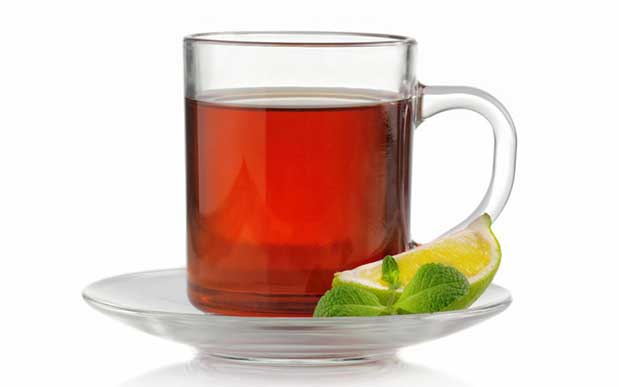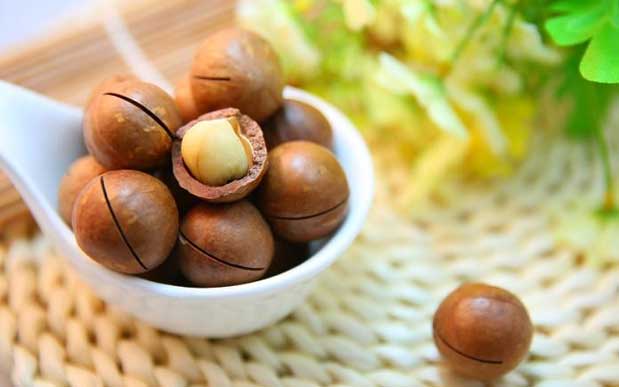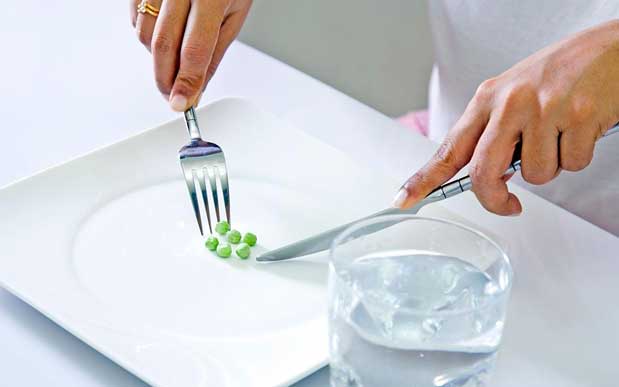
Daily consumption of tea protects the elderly from cognitive decline
A cup of tea a day can keep dementia away, and this is especially so for those who are genetically predisposed to the debilitating disease, according to a recent study led by Assistant Professor Feng Lei from the Department of Psychological Medicine at National University of Singapore′s (NUS) Yong Loo Lin School of Medicine.
The longitudinal study involving 957 Chinese seniors aged 55 years or older has found that regular consumption of tea lowers the risk of cognitive decline in the elderly by 50 per cent, while APOE e4 gene carriers who are genetically at risk of developing Alzheimer′s disease may experience a reduction in cognitive impairment risk by as much as 86 per cent.
The research team also discovered that the neuroprotective role of tea consumption on cognitive function is not limited to a particular type of tea - so long as the tea is brewed from tea leaves, such as green, black or oolong tea.
"While the study was conducted on Chinese elderly, the results could apply to other races as well. Our findings have important implications for dementia prevention. Despite high quality drug trials, effective pharmacological therapy for neurocognitive disorders such as dementia remains elusive and current prevention strategies are far from satisfactory. Tea is one of the most widely consumed beverages in the world. The data from our study suggests that a simple and inexpensive lifestyle measure such as daily tea drinking can reduce a person′s risk of developing neurocognitive disorders in late life," explained Asst Prof Feng.
He added, "Based on current knowledge, this long term benefit of tea consumption is due to the bioactive compounds in tea leaves, such as catechins, theaflavins, thearubigins and L-theanine. These compounds exhibit anti-inflammatory and antioxidant potential and other bioactive properties that may protect the brain from vascular damage and neurodegeneration. Our understanding of the detailed biological mechanisms is still very limited so we do need more research to find out definitive answers."
In this study, tea consumption information were collected from the participants, who are community-living elderly, from 2003 to 2005. At regular intervals of two years, these seniors were assessed on their cognitive function using standardised tools until 2010. Information on lifestyles, medical conditions, physical and social activities were also collected. Those potential confounding factors were carefully controlled in statistical models to ensure the robustness of the findings.
The research team published their findings in scientific journal The Journal of Nutrition, Health & Aging in December 2016.
Asst Prof Feng and his team are planning to embark on further studies to better understand the impact of Asian diet on cognitive health in aging. They are also keen to investigate the effects of the bioactive compounds in tea and test them more rigorously through the assessment of their biological markers and by conducting randomised controlled trials or studies that assign participants into experimental groups or control groups randomly to eliminate biased results.
Related News

Losing Weight in Hot Weather Made Easy

Outdoor Activities to Lose Weight

Legumes, nuts and kale can help you get big muscles

12 Real Amazing Benefits Of Skipping For Weight Loss

5 Hot Yoga Poses For Rapid Weight Loss

Fasting might be good for your healh, research says

5 Yoga Poses that Can Give You a Glowing Skin

Looking towards India for design
Most Read
★The Beauty Benefits of Exercise
★Is This the Best Diet for Post-Menopausal Women?
★5 Hot Yoga Poses For Rapid Weight Loss
★Mushrooms could prevent risk of Dementia, scientists say
★5 Reasons Cheese is Actually Good For Your Health
★8 Fruits that Burn Fat: Include Them In Your Diet For Great Health Benefits
★12 Real Amazing Benefits Of Skipping For Weight Loss
★4 Superfoods for a Healthy Looking Skin
★11 Realistic Methods of Stress Management
★Recycling temple waste along the Ganges with Help Us Green
★The Simple 20-Minute Habit That Could Save Your Life
★Breakthrough drug restores more than 90% of lost hair in most patients
★Whole-body vibration may be as effective as regular exercise
★Could laser hair removal give you CANCER?
★10 Most Effective Weight Loss Exercises For Torching Fat
★How you should wash your face?
★Try these 4 simple yoga asanas to gain weight
★Just ten minutes of play a day can help children reduce their risk of developing heart disease and diabetes later in life
★Plum goodness for your hair!
★15 Kitchen Herbs and Spices with Powerful Health Benefits
★Carbohydrates and sugars
★Top 3 Core Exercises While Pregnant
★Teenagers use social media posts to appear attractive to friends
★Skinny jeans and big fluffy hoods contribute to back pain
★9 Simple Yoga Asanas & Tips for Weight Loss
★6 Best Oils for a Naturally Clear and Glowing Skin
★Cancer warning over skin bleaching treatment
★Know why milk should be a part of your beauty regimen
★Aerobic training can help reverse ageing
★10 Natural beauty tips for face you must try
★Hair removal injuries rocketed NINE-FOLD since 1991
★10 questions about laser hair removal
★How To Achieve The Perfect Nail Shape
★The best effective and natural plants for a good memory
★Eating Carbs and Fats Before a Workout? Read This
★8 Best Foods to Eat for Weight Loss
★Working It Out: The future of work and digital
★15 Best Heart-Healthy Foods
★Study finds dramatic weight loss can be achieved WITHOUT counting calories
★Skin tone linked to fruit and vegetable consumption
★Correlation Between Almonds and Weight Gain
★5 surprising beauty benefits of amla
★Yoga Poses for People with Less Flexible Body
★Why most people use emotional words to persuade others
★Pasta eaters may have better diet quality: study
★Healthiest Foods For Women
★This Yoga Flow Will Instantly Boost Your Mood
★The Key to Healthy Aging
★Vitamin reverses aging in organs and muscles
★12 Benefits of Hair Spa Treatment
